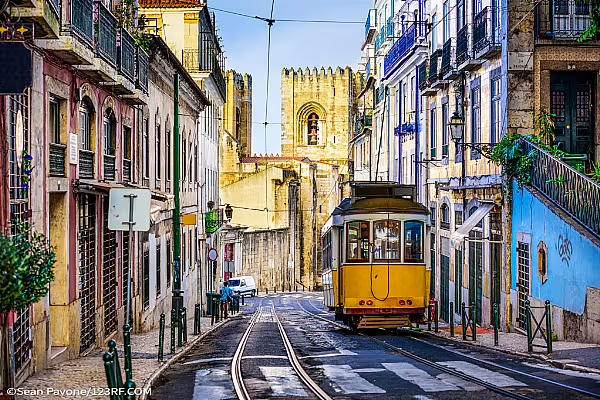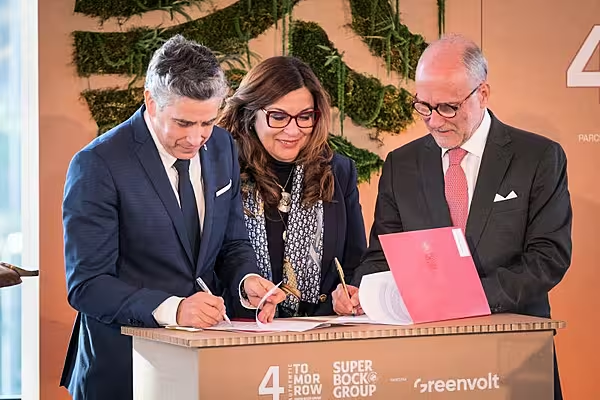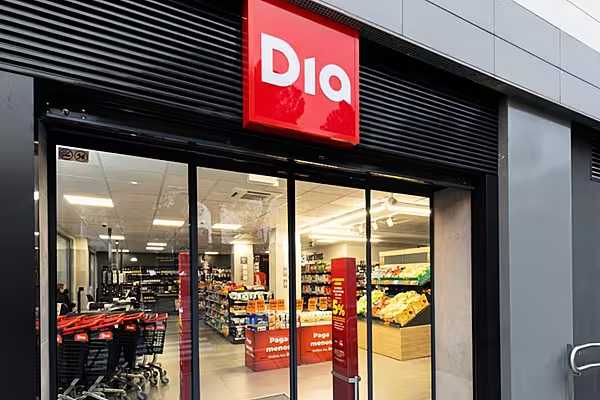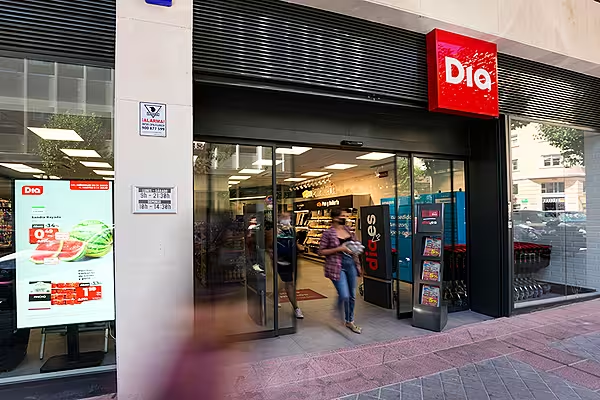Portugal's inflation is expected to decelerate significantly this month, with prices of final products benefiting from lower energy and commodity prices, finance minister Fernando Medina has said.
Portuguese consumer prices rose 7.4% year-on-year in March, slowing for the fifth consecutive month after hitting a three-decade high of 10.1% in October.
Medina told a parliamentary committee that he expected price declines for products derived from fuel or electricity, as well as those that depend on international transport costs and commodity prices.
To help curb stubbornly high food prices that are hitting households hard, the government recently announced a list of 44 essential goods, including milk, bread, rice, tomatoes, and some types of meat and fish, whose value added tax (VAT) of 6% will be temporarily removed from April 18.
'A Visible Milestone'
"Our expectation is that April will be a visible milestone...that this decrease in inflation will become more significant already in April and that it will continue in the following months throughout the year," he said.
The government predicts that average annual inflation will fall to 4% in 2023, a more optimistic estimate than the 5.4% forecast by the European Commission. Inflation clocked 7.8% in 2022, the highest level in three decades.
Read More: Private Label Prices Rise More Than Brands In Portugal
Price Spikes
In March, Portuguese energy prices fell 4.4% from a year ago, when oil and gas prices soared following Russia's invasion of Ukraine, but unprocessed food prices spiked by 19.3%.
Core inflation, which excludes volatile food and energy prices, eased to 7.0% year-on-year from 7.2% in February.
Read More: Lidl Invests €110m In Fifth Logistics Facility In Portugal
News by Reuters, edited by by ESM – your source for the latest retail news. Click subscribe to sign up to ESM: European Supermarket Magazine.











